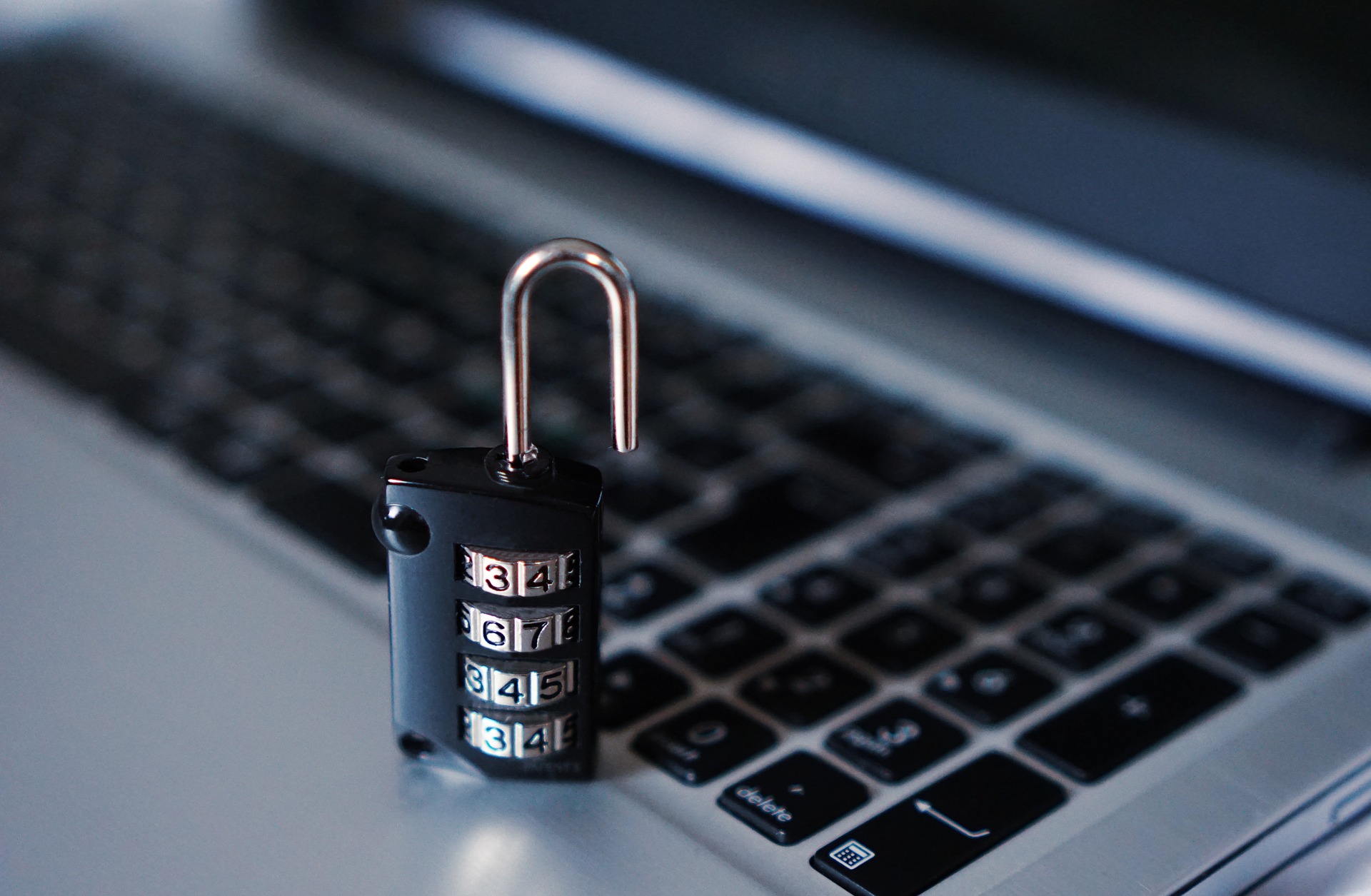The rapid development and availability of technology has given businesses and the public better accessibility. It is no longer uncommon to hold frequent business meetings or conference calls for organizations with teams working in various locations worldwide. To meet the strong demand for this kind of accessibility, conference call providers compete for the top spot in providing reliable and secure conference calls to the market. Secure conferencing is now an essential need.
Below are 5 factors that can put your conference call at risk. If any of these 5 factors is present, then chances are — a hacker or anyone with malicious intent might be able to tap into your call, unnoticed. Are you willing to put your business information at risk? Here are five factors to keep in mind when using a conference call service:
5 Factors That Threaten Secure Conference Call Privacy and Confidentiality
- Weak Passwords or Passkeys - Passwords and passcodes constitute the first line of defense in conference calling. It goes without saying that your selected password should be strong when you sign up for an account with any type of service. Otherwise, if your passwords are weak, then you are risking not just your privacy, but also the privacy of everyone you are in contact with. So how do you strengthen your passwords? Use alphanumeric digits with a combination of different cases and special characters. If you have to write them down to remember, use an encrypted password saving app for secure reference later. In addition to a secure account password, the conference call service you signed up for should be able to generate strong and unique passkeys that can be retired at any time to ensure secure conference calls. Otherwise, every conferencing meeting or discussion you have over the phone or the web will be vulnerable to unwanted listeners. Securely distribute individual passkeys to each user, instead of through a single email directed to everyone. This will make it more time-consuming for an attacker to potentially collect passwords or passkeys in case of a security breach. You’ll be able to detect and block hackers even before they can do significant damage to your business.
- Non-Encrypted Calls - Encryption of transmitted data is mandatory. This ensures that data that is constantly being sent back and forth over the conference call is only comprehensible and available to both senders and receivers. You should check if your conference call provider uses current industry standard data encryption protocols.
- Less User Control - More granular control for users, of course to a reasonable extent, can reduce issues in case of security breaches. They can moderate the call themselves. If something fishy turns up, each user has enough controls to take the right action before any serious damage is done. Through varied security features of an effective secure conference call service, hosts will have a second layer of defense unwanted guests or hackers.
- No Systematic Way to Confirm Users - Despite the use of passwords and even with individual passkeys, it’s still possible for an attacker to access a call. They can even trick users into entering their passwords on shifty websites or through suspicious emails. These can be designed to look exactly like the login screens of the target organization’s conference calling system. This is why a conference call provider implements all kinds of protective measures against these types of potential attacks. A secure conferencing provider should confirm the identity of each user upon call entry. For example, some providers or organizations do a roll call before the start of a conference. Some even put participants in a pre-conference, also called the “Green Room” or “Breakout Room” where they can confirm the identities of participants before proceeding with the call. Such a system can significantly reduce the likelihood of security breaches.
- Lack of Locking Capabilities - Reliable conference call providers should have the ability to lock a call. This means that once all participants have successfully joined the call, the conference gets locked and no additional user can be allowed to join the conference. This built-in feature adds on a layer of security against unwanted guests or listeners.

